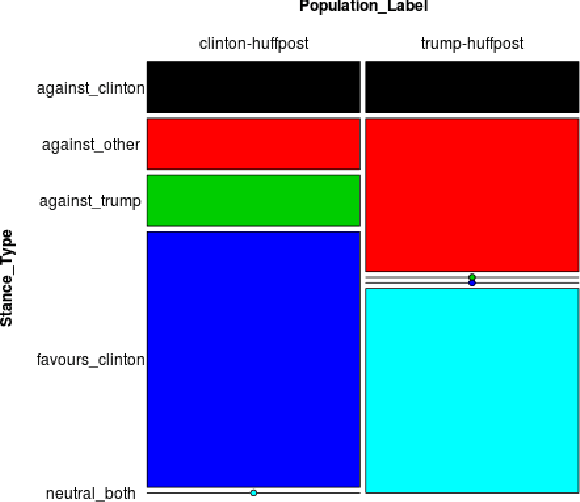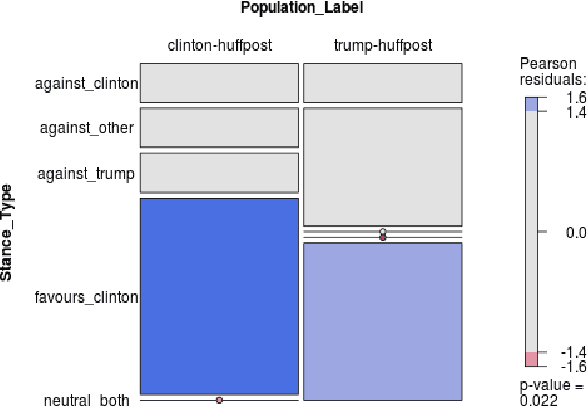Drew Margolin
Discursive objection strategies in online comments: Developing a classification schema and validating its training
May 13, 2024



Abstract:Most Americans agree that misinformation, hate speech and harassment are harmful and inadequately curbed on social media through current moderation practices. In this paper, we aim to understand the discursive strategies employed by people in response to harmful speech in news comments. We conducted a content analysis of more than 6500 comment replies to trending news videos on YouTube and Twitter and identified seven distinct discursive objection strategies (Study 1). We examined the frequency of each strategy's occurrence from the 6500 comment replies, as well as from a second sample of 2004 replies (Study 2). Together, these studies show that people deploy a diversity of discursive strategies when objecting to speech, and reputational attacks are the most common. The resulting classification scheme accounts for different theoretical approaches for expressing objections and offers a comprehensive perspective on grassroots efforts aimed at stopping offensive or problematic speech on campus.
Assessing Partisan Traits of News Text Attributions
Jan 25, 2019



Abstract:On the topic of journalistic integrity, the current state of accurate, impartial news reporting has garnered much debate in context to the 2016 US Presidential Election. In pursuit of computational evaluation of news text, the statements (attributions) ascribed by media outlets to sources provide a common category of evidence on which to operate. In this paper, we develop an approach to compare partisan traits of news text attributions and apply it to characterize differences in statements ascribed to candidate, Hilary Clinton, and incumbent President, Donald Trump. In doing so, we present a model trained on over 600 in-house annotated attributions to identify each candidate with accuracy > 88%. Finally, we discuss insights from its performance for future research.
 Add to Chrome
Add to Chrome Add to Firefox
Add to Firefox Add to Edge
Add to Edge